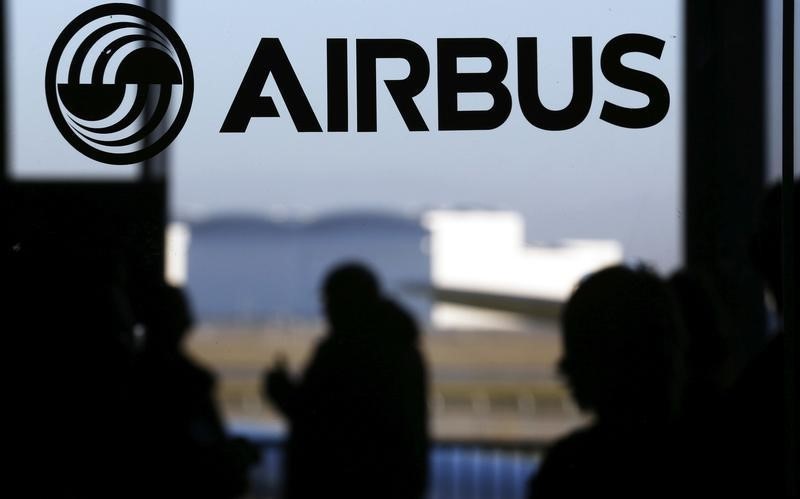By Tim Hepher
DUBLIN (Reuters) - European planemaker Airbus said on Wednesday it had delivered the first A320neo, a fuel-efficient upgrade of its best-selling jetliner, to German carrier Lufthansa.
The delivery marks the culmination of a five-year plan to give a new lease of life to Airbus's profitable A320 narrowbody jet family by revamping it with new engines.
The handover is a boost for United Technologies (N:UTX) unit Pratt & Whitney, whose decision to develop a new generation of engines accelerated plane projects from Canada to Russia and triggered a heavyweight riposte from Airbus and Boeing (N:BA).
Both have amassed thousands of new orders and shored up their domination of the global jet market by refreshing their short-haul models, though Canada's Bombardier and Brazil's Embraer continue to compete hard for sales.
But the arrival of the first re-engined jet coincides with a slump in oil prices that has sparked debate over the sustainability of demand for fuel-saving jets, as well as financial market losses caused by concerns over the economy.
Aircraft financiers have been busy for the past few years bankrolling orders of the A320neo and Boeing's rival 737 MAX, due to enter service in 2017.
But at the industry's annual gathering in Dublin this week, financiers have been split over what the slide in oil prices from $114 a barrel in June 2014, to barely $28 today, means for both demand and the revenues linked to the two revamped models.
Brent crude fell 4 percent on Wednesday to $25.54 a barrel.
"There's plenty of competition for A320neos, but it's not as keen as it once was," said Gueric Dechavanne, vice president for commercial aviation services at Collateral Verifications, an aircraft valuation company.
"People are not willing to overpay for a plane; there's a lot more caution out there," he said.
For some airlines and major leasing firms, the aircraft is still an effective hedge against a new rebound in oil prices.
"It is just 15 months since oil was at $100, and that is not lost on airlines. The only way to manage that over the longer term is to have a modern asset, so I don't see any let-up in demand for new aircraft," Aengus Kelly, chief executive of AerCap, the world's largest independent lessor, said.
"If a CEO of an airline is looking at taking aircraft for the next 12-14 years he will never trust in fuel staying at these prices."
The jet was delivered after a delay of three weeks caused by what Airbus officials described as problems with documentation.
Qatar Airways earlier refused to take the first aircraft, sacrificing its place at the head of the queue to a European rival, after balking at lingering teething problems.

The plane is also offered with alternative engines supplied by French-American joint-venture CFM International, owned by Safran (PA:SAF) and General Electric (N:GE).